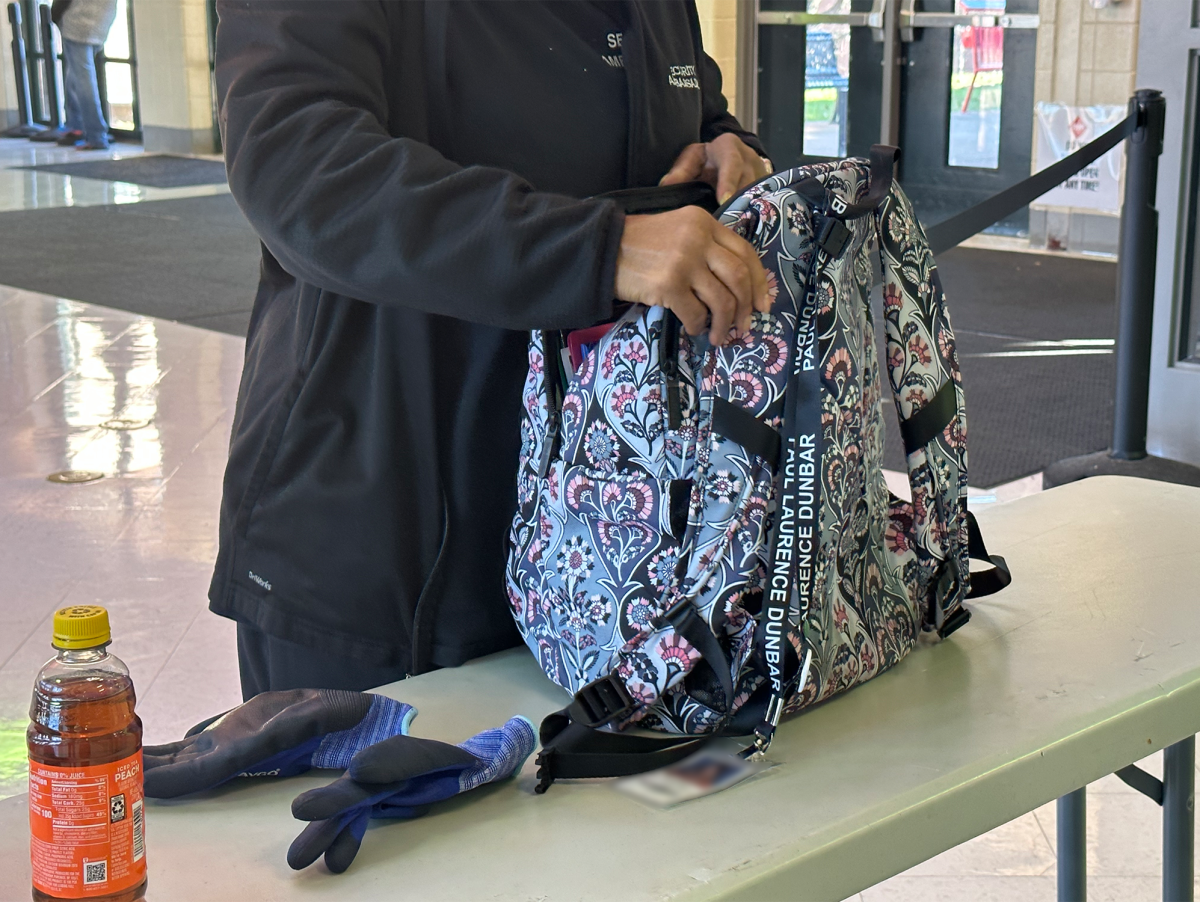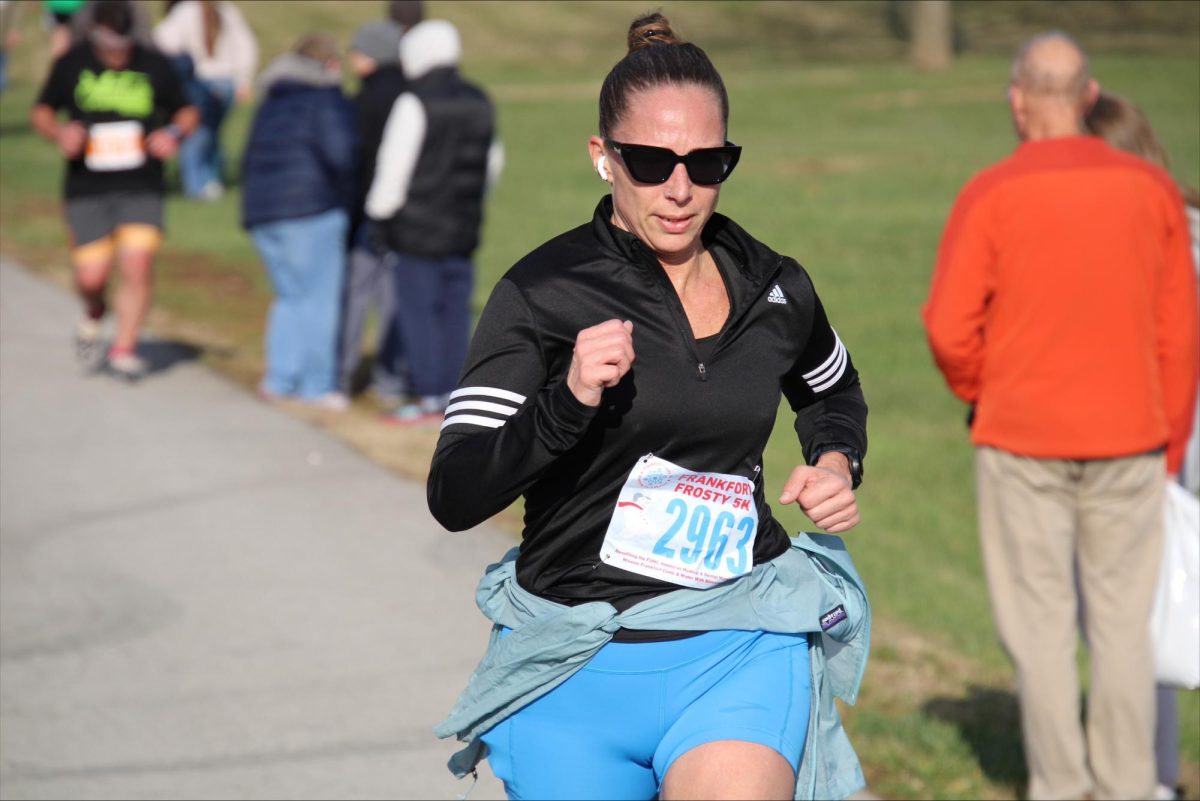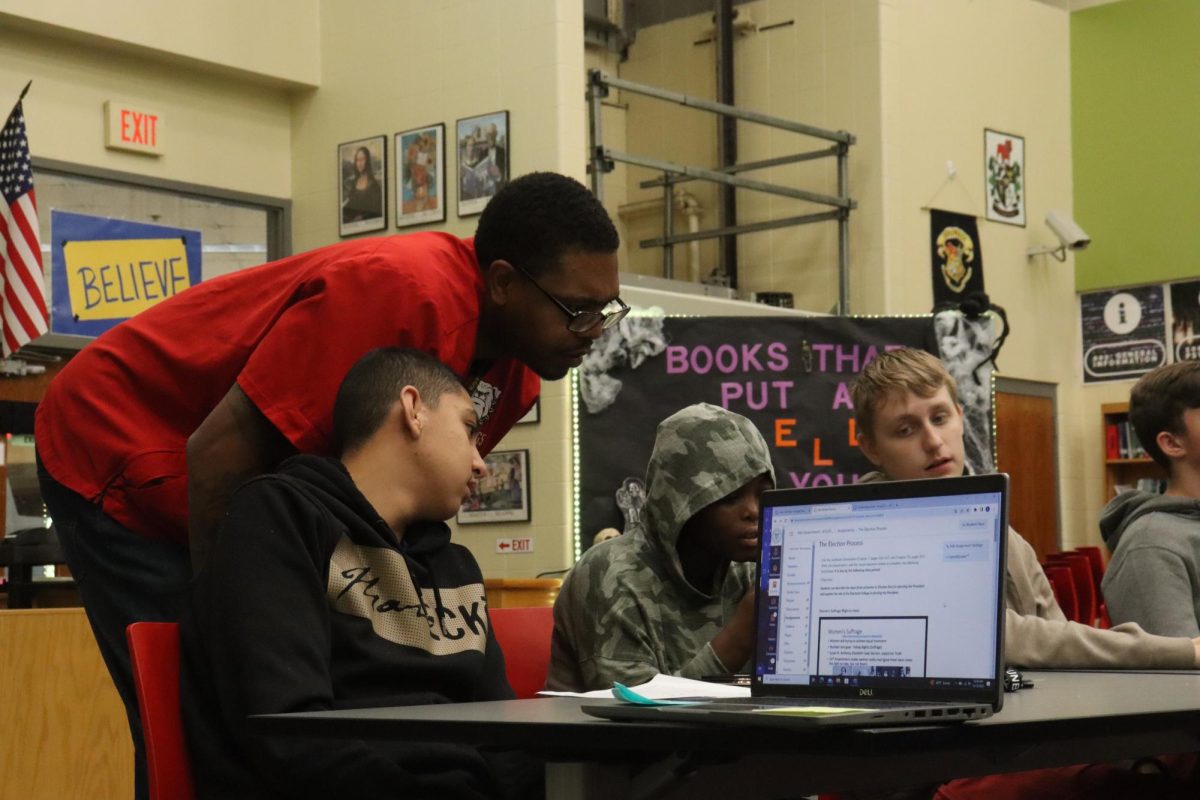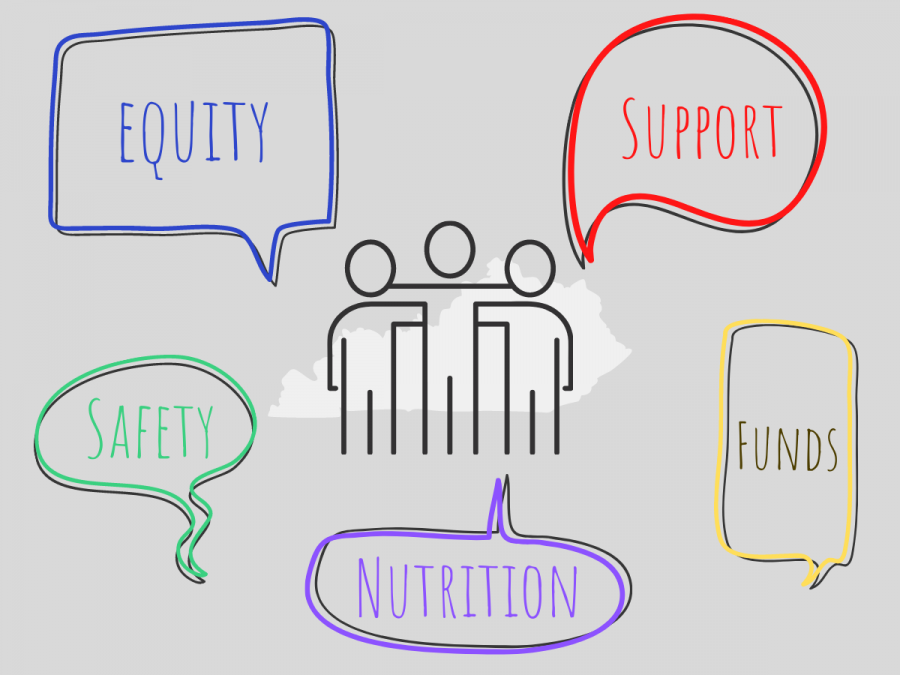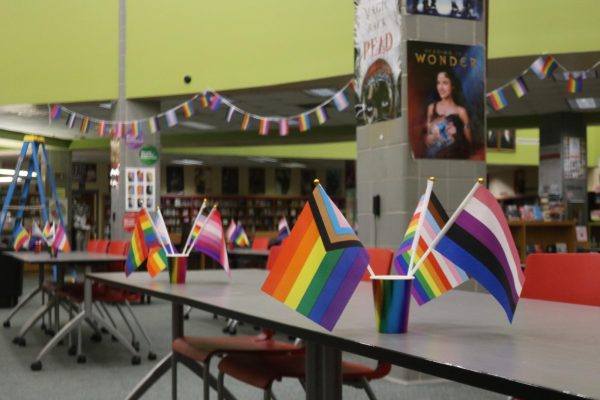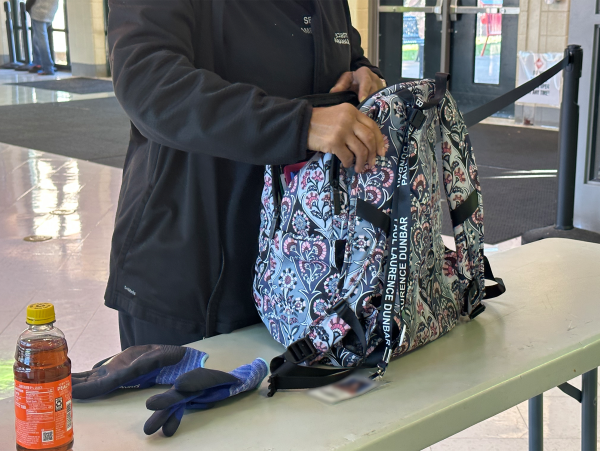Student Added to KY Board of Education
In education, students are not always allowed input on decision making boards. Kentucky just changed that.
Graphic by Logan Justice representing key issues in education that Kentucky faces.
On July 21, Governor Andy Beshear signed an executive order to add a Student Ex-Officio Member to the Kentucky Board of Education (KBE). This step is one that fewer than half of the United States has taken, and it is being celebrated as a win for student voice in Kentucky.
On Oct. 2, KDE announced that Solyana Mesfin, a junior at Eastern High School in Jefferson County, will be the first student member.
Although the student member does not have voting privileges, Mesfin’s influence and input are just as valued as any other member.
“This position means so much more than the person who takes upon it,” she said. “It’s the representation and assurance that students can have a voice and can take on impactful endeavors.”
Mesfin said that she believes she will add a varied and important perspective as the board makes decisions about Kentucky’s schools.
Students are the experts in their education, and thus need to be at the decision-making table.
— Zoe Jenkins
“As a student, I fully understand the value of our words and the importance of our actions. Having this different perspective within the board will allow me to provide a crucial view of students’ needs towards education,” she said.
Students at Dunbar also recognized the importance of the decision to add student voice to the state’s Board of Education.
“I can’t put into words how important [this addition to the board] is,” senior Zoë Jenkins said. “Students are the experts in their education, and thus need to be at the decision-making table. We now have an incredible student on one of the most powerful education decision-making boards in the state.”
Jenkins said that it is especially important during unprecedented times such as a shift to virtual learning to have representation for all stakeholders.
“This pandemic has put a mirror to numerous inequities throughout the state and how they affect our education,” Jenkins said. “We no longer can separate school from internet access, home stability, or mental health. We have to build in flexibility and grace into any new policy—and that’s something a student, especially Solyana, will be able to address as someone students can come to.”

Hi, my name is Logan Justice and this year one of the four Editors-in-Chief. This is my third year being part of PLD Lamplighter and I am a senior. I have...


